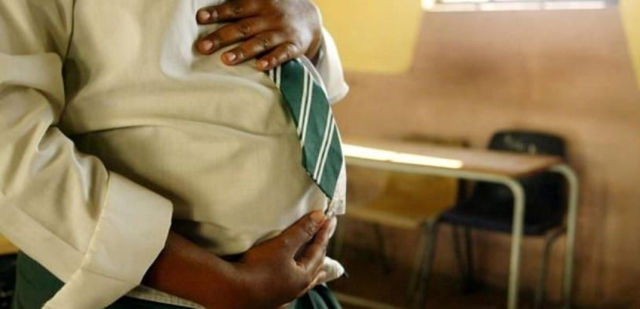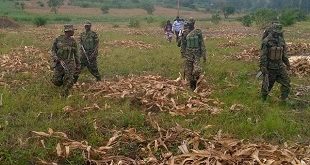
Kassanda, Uganda | THE INDEPENDENT | Authorities in Kassanda district have decried the increasing cases of defilement and teenage pregnancies following the COVID-19 induced closure of educational institutions.
According to Kassanda District Probation Office, the district was tenth with a high defilement cases during the 2020 lockdown.
The district registered 2500 cases of teenage pregnancies drawn from Kalwana, Bukuya, Myanzi, Nalutuntu and Kassanda sub counties, according to Antenatal reports from health centers provided by Kassanda District Probation Officer Ms, Ritah Nagayi Buuza.
She says that the cases were registered in the last 10 months of 2020. “The teenage pregnancy rate in Kassanda (District) is very high On a usual visit to different groups in Kassanda District you realize that girls aged 10 to 15 years are pregnant,” she said.
Officials say the number of pregnant girls could be higher because most of the cases are not reported to the authorities while some do not report for antenatal services.
However, the Wamala Regional Police Spokesperson, Rachel Kawala, says that the police in Kassanda recorded only 18 defilement cases between July and October.
The high number of teenage pregnancies and defilement cases has attracted civil society workers to intervene by giving the teenage mothers hope to live and return to school when they re-open.
Fred Ganbi, the director of Hope After Rape, a local charity organization, says that although the young girls got pregnant there is a way of helping them and prevent others from falling victim.
He attributes the high defilement and rape cases in Kassanda District to the presence of gold mines that bring many people from different areas.
He says that they have since mobilized teenage mothers and offered them skills in different vacations to support them earn income.
“Most of the teenage pregnant are impregnated in the course of looking for survival. We are skilling them as an empowerment and give support them like in our year that ended in September this year,” said Ganbi.
According to Ganbi, the organization is currently handling more than 3800 girls who are supported through a number of economic empowerment interventions and education.
He said that the organization also provides psycho-social support where they have enrolled more than 13,000 vulnerable girls.
Ganbi explained that many girls do not report cases of abuse for fear of being punished either by teachers and or their parents, a situation that prompted them to introduce the letter writing Programme to enable girls write and post in suggestion boxes for counselors to intervene.
****
URN
 The Independent Uganda: You get the Truth we Pay the Price
The Independent Uganda: You get the Truth we Pay the Price


